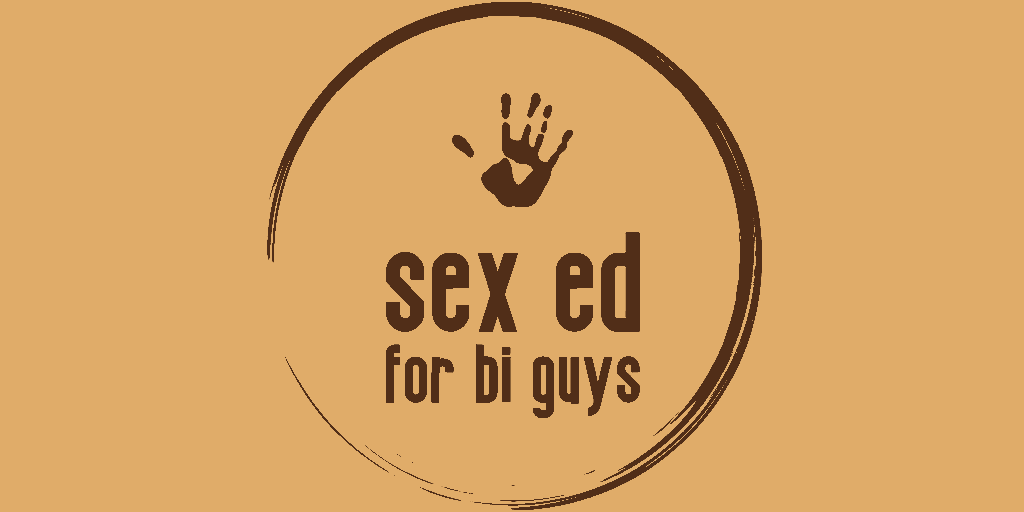As the life coach for bisexual men and bi+ men, it matters that I use tools and approaches that scientific research about change supports. Here are the main tools and approaches I use in life coaching.
Motivational interviewing
Motivational interviewing is a way of guiding our conversation. I ask you questions to explore your motivation to make changes in your life and achieve goals that are important to you. Then we use your answers to grow your motivation and your confidence in achieving those goals. As well, motivational interviewing explores any ambivalence you may have about making changes and helps you prioritize. It’s an approach that’s based on empathy, respect for your decisions, and collaboration. It’s about what matters to you.
Strength and solution-focused approaches
Both strength and solution-focused approaches are cousins to each other. The first approach recognizes your strengths and assets. It looks at what you’ve used in the past and what you’re using now to overcome your difficulties. The second approach explores what it looks like in concrete terms to improve your situation and take the next step towards your goals. We then decide together on modest, short-term SMART (Specific, Measurable, Action-oriented, Realistic and Time-bound) goals that you’re can accomplish. Your successes build confidence in your abilities and help you move towards your more ambitious long-term goals.
Facilitation
We generally use facilitation with groups. It’s a tool I rely on more when I coach more than one person in a session, but its principles apply to one-on-one coaching too.
A facilitator provides a process for groups to set goals, explore conflicts and move forward. When I facilitate, I remain neutral on content: I don’t propose solutions to problems or take sides in conflict. This keeps trust with each person in the group. I do propose a process on which I am assertive though (while regularly checking that the process works and helps to make progress).
There are values that guide me in this process (suggested by facilitator Roger Schwarz). I’m transparent about the logic behind my decisions. I show genuine curiosity about the issues of each person and the group. I offer you and others informed choices; these build your commitment to decisions you make. Finally, I have compassion for your difficulties. Even when I’m not wearing my facilitator hat, these values guide how I support you as a coach.
Non-judgment and risk reduction
Non-judgment and risk reduction are two humanistic approaches. These help me support you when you make choices many people would be judgmental about. I won’t judge choices you have made in the past or that you will make during our coaching process. We will explore what you prioritize in your values. I will guide you in weighing pros and cons of decisions you are considering. When your choices involve risk, we’ll look at what you can do to reduce that risk, without sacrificing what’s important to you in these choices you’re making.



